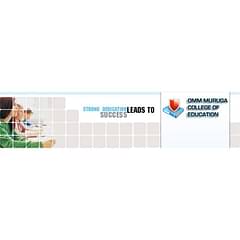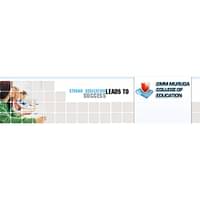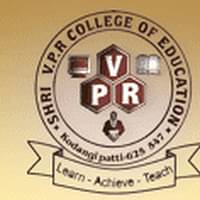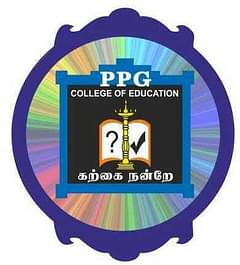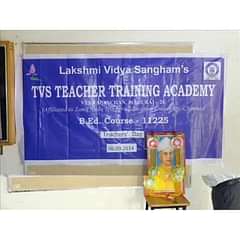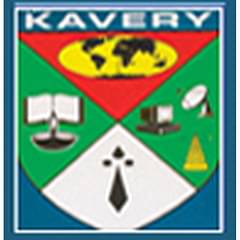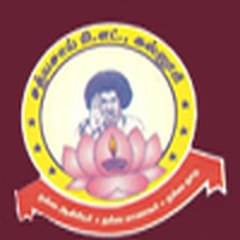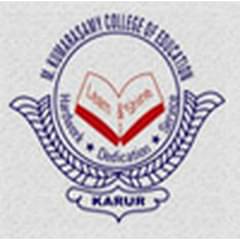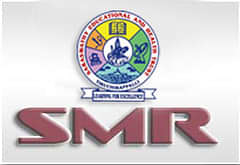Related News

Odisha DElEd Admission 2025: Exam Dates, Application Form, Eligibility, Counselling Process
The Odisha DElEd Admission 2025 is undertaken by the Directorate of Teacher Education and the SCERT Odisha. The official exam conducting body will begin its registration from July 2025. The exam date has not been released yet however the Odisha DElEd 2025 is expected to be conducted in September 2025.

Karnataka B.Ed Selection List 2024: Date, Seat Allotment Result Link, PDF Download
The Department of School Education Karnataka will release the Karnataka B.Ed selection list 2024 on the official website. After the release of the allotment list, students have to collect the admission slips. The Karnataka B.Ed selection list for 1st Round will be released on December 6 and the 2nd Round list will be released on December 21, 2024. The conducting body will notify the date for the release of the admission slip soon. The admission slips for eligible candidates will be available at the district nodal centres. Students who get a seat in the first allotment must collect the admission slip from the district nodal centres and report to the allotted college to complete the admission process. The Karnataka B.Ed seat allotment list will be published on schooleducation.karnataka.gov.in. The cutoff list for the Arts stream has been released on the official website.

Karnataka B.Ed Admission 2024: Registration, Application Form, Counselling
The Karnataka B.Ed admission 2024 process is ongoing and the merit list has been released by the officials. The Karnataka B.Ed admission 2024 is based on merit, the final merit list will be prepared based on the scores of the candidates in their last qualifying examination. The merit list is published on the official website, karnataka.gov.in on November 19, 2024. The Arts cutoff list is also available on the website. The Department of School Education, Karnataka released the admission schedule on its official website, sts.karnataka.gov.in and aspirants could submit the form by November 14, 2024. Candidates have to visit the official website to participate in the admission process. Those who have secured a good score have a good chance of getting a seat in their preferred B.Ed colleges.

TS TET 2024: Exam Dates, Registration (Ongoing), Admit Card, Results
The notification for the TS TET 2024 exam II was released on November 4, and the registration process was initiated on November 7, 2024, on the official portal, tgtet2024.aptonline.in. The last date to submit the application form is November 20, 2024. Candidates will also be allowed to pay the application fee till November 20, 2024. The application fee is Rs 750 for one paper or Rs 1,000 for both papers. Candidates are required to enter the required credentials like candidate ID or mobile number and date of birth to download the TS TET hall ticket 2024. The official link to apply for the TS TET II exam 2024 has been provided below.

List of Documents Required to Fill UGC NET 2024 Application Form: Image Upload, Specifications
The list of documents required to fill UGC NET 2024 application form includes essential documentation like a recent photo and signature of the candidate, academic mark sheets, government-issued photo ID, etc. These documents are required during the UGC NET registration process to ensure the validity and credibility of a candidate’s credentials both personal and academic. NTA has released the UGC NET 2024 application form for the December cycle on November 19, 2024, on the official website at ugcnet.nta.ac.in. The application form will be made available only through online mode till December 10, 2024 (up to 11:50 PM) and the submission of examination fee can be done through Credit Card/ Debit Card/Net Banking /UPI till December 11, 2024. The UGC NET 2024 application fee for the December session stands at Rs. 1150 for the General/ Unreserved category, Rs. 600 for the General-EWS/OBC-NCL categories, and Rs. 325 for SC/ST/PwD categories and Third Gender. Correction in the particulars in online application form can be done from December 12 to December 13, 2024 (up to 11:50 PM).
The UGC NET 2024 exam for the December session will be conducted in Computer-based Test mode from January 1 to January 19, 2025, for (i) ‘award of Junior Research Fellowship and appointment as Assistant Professor’, (ii)‘appointment as Assistant Professor and admission to Ph.D.’ and (iii)‘admission to Ph.D. only’ in Indian universities and colleges. You must ensure to fill out the UGC NET 2024 application form correctly and upload the required documents in the correct specifications to register successfully for the exam. Check out the detailed list of documents for UGC NET application 2024 right here!
Top Courses at Sri Thangam Periyasamy College of Education
Admission Updates for 2025
Dr. M.G.R. Educational And Research Institute
Chennai (Tamil Nadu)
Gnanamani Educational Institutions
Namakkal (Tamil Nadu)
PMIST Thanjavur
Thanjavur (Tamil Nadu)
Imayam Educational Institutions
Tiruchirappalli (Tamil Nadu)
Paavai Group Of Colleges
Namakkal (Tamil Nadu)












